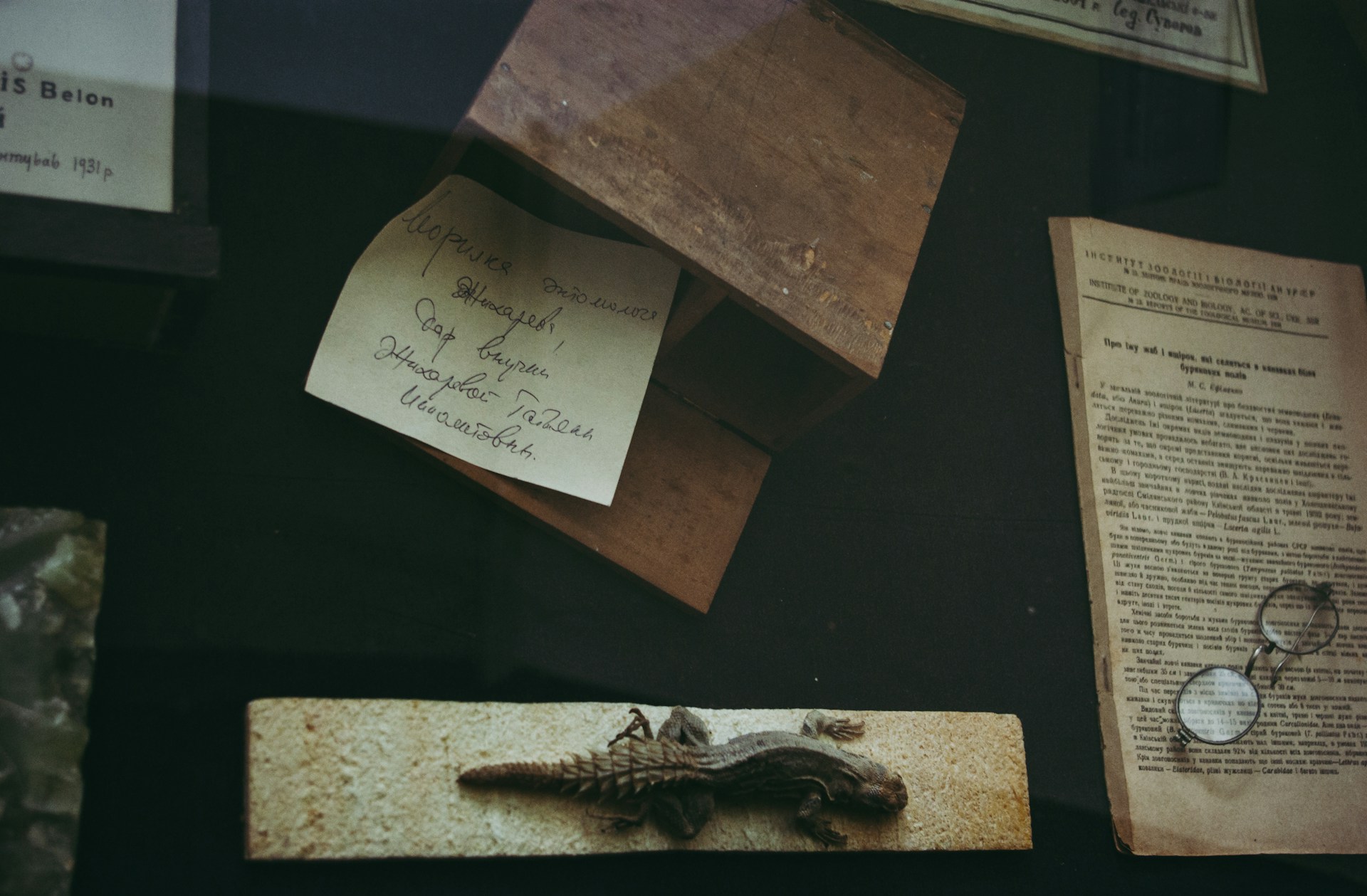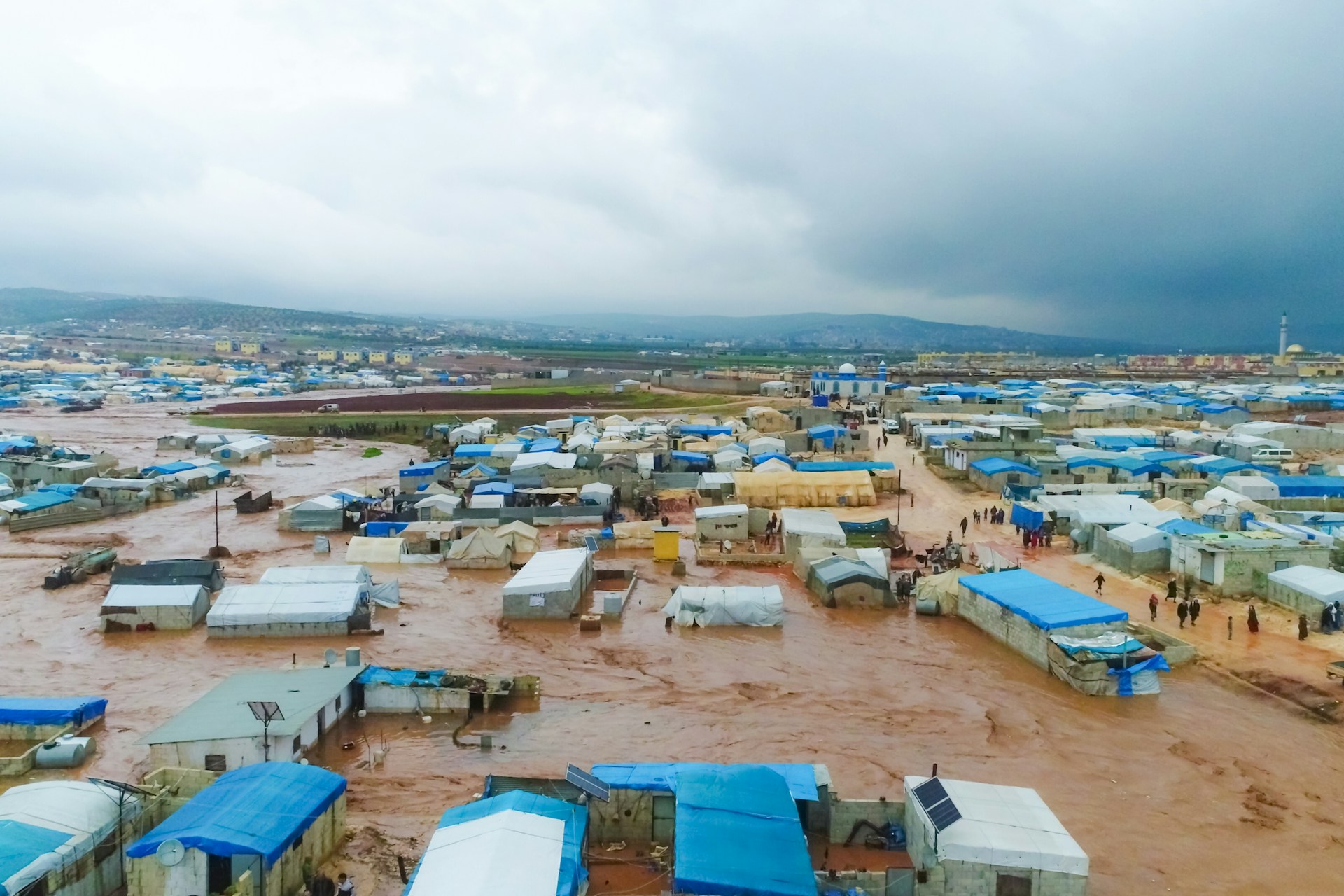The pathway of undergraduate, masters, PhD then a career is engrained in many students from the start of their university experience. However, this pathway is not unidirectional, as Catherine discusses. Photo credit: Felipe Gregate via Unsplash
…returning to postgraduate study after time away is not as unusual as I’d previously thought. In fact, approximately two thirds of postgraduate students are 25 or over, and a quarter are 35 or over.
Last June, standing in the middle of a sunny path at work surrounded by tourists and (what I hoped were) unsuspecting colleagues, my hands shook as I opened the email from the University of Oxford. I was in, I’d done it, but… I couldn’t tell anyone yet. I was working as an operations manager for a multi-million-pound adventure tourism site in North Wales, and I think it’s fair to say that I’d deviated slightly from my original field of Environmental Science.
Although my job was highly rewarding, I was struggling with my increasingly divergent career pathways and missed academia. However, the thought of making the jump back after three years out to start a DPhil in Earth Sciences at Oxford was daunting, to say the least. A year on, I can safely say that it was the right decision. I am sharing my story as back then I really could have benefitted from knowing that returning to postgraduate study after time away is not as unusual as I’d previously thought. In fact, approximately two thirds of postgraduate students are 25 or over, and a quarter are 35 or over.
I completed my MSc degree at KCL in 2020, working part-time in retail and customer service roles to support myself financially. Firstly, this was in London, and then at home in North Wales, when it became clear that moving back to London after those first few weeks of lockdown wasn’t possible. Combined with the early days of the pandemic and some disruptive personal circumstances, it’s safe to say I had a rather turbulent time during that year.
In late 2020 I secured a fixed-term position in Oil & Gas data management, and when lockdown restrictions eased again in April 2021, I got in touch with a previous employer in the adventure tourism sector. Initially it was a stop gap while I applied for graduate roles, but I loved the team and atmosphere there. By the end of that May I’d managed to get a job as an assistant team leader, and relished the opportunity and relative stability this presented. So, I threw myself into the role and worked my way up to operations manager, learning the corporate nuances of being a manager versus a leader, and what terms like EBITDA stand for (I still couldn’t tell you). It was a whirlwind of an opportunity and before I knew it, the three-week break from my master’s degree had turned into three years—and I’d not stopped once to question where all of it was heading.
Afraid of jeopardising that hard-won security, I had paused the idea of doing a PhD to revisit should the right project and timing appear. I’ve wanted to pursue a PhD in my current field since childhood and used to regularly scour the internet for such opportunities. And one evening last January as I trawled through the open PhD positions on FindaPhD.com, wondering if it was time to brave re-entering academia, there it was. I applied immediately and the following months were a blur of meetings, emails, interview prep, and getting on with my day job. That June I received the email, and everything changed.
It’s not been a straightforward journey so, a year later, here are some things I wish I’d known sooner:
- Alternative models to the conventional career ladder exist, and each will suit people differently. I’d compare mine so far to a jungle gym (although I am hoping things settle down now). It’s reassuring that my experience was common enough that there are plenty of online forums (e.g. The Student Room), guides, and testimonies built around returning to academia after time away.
- Maintain connections with previous institutions and employers as much as possible during time away. Sites like LinkedIn and X are a good place to start. I also reached out to past colleagues to ask how projects that I’d helped with were going. They appreciated the interest, and we’ve reconnected further as their work has become relevant to my DPhil topic.
- Keep tabs on the latest research in your field, although this is difficult if you work full time. Losing access to libraries and online institutional logins can be a barrier, but there should be at least broad information openly accessible online, and at your local libraries. You don’t need to know everything (who does?)—but be honest with your potential supervisors about where you’re at, and work with them to form a timeline that suits you and the needs of your PhD to get back into the swing of things.
- On that note, it’s going to be tough to start reading academic papers again if you’ve not looked at one for a while (I even found out I now need glasses), but it does get easier in time.
- If you still have them, look through your old notes and textbooks. If you’re experiencing imposter syndrome this can help remind you of your past achievements and help you realise that you have done a lot, you do know what you’re talking about, and you’ve worked hard to get to where you are now!
- Imposter syndrome isn’t unique to those who’ve had time away – but you might want to be prepared for this one. Everyone has been wonderfully open about it, but that doesn’t always make it any easier to experience.
- Map out the transferrable skills you have developed and find a way to apply them to the field you are looking to get back into. Don’t underestimate what you can learn from whatever you are doing now—even if it seems niche, find a way to make it relevant. The thought of using my experience in adventure tourism to help my Earth Sciences DPhil at Oxford was a bit of a stretch at first. However, presenting safety briefings to groups of customers isn’t too dissimilar from some of the public speaking required at university. The technical skills I picked up have helped my confidence generally and provided a talking point with which to get to know my peers better. Customer service experience helped my confidence in talking to groups at STEM outreach events, and so on. There’s always a link somewhere.
- Make sure to reach out to friends and family for support along the way—I kept the whole process pretty quiet, and in hindsight I wish I’d opened up to friends more.
Life doesn’t necessarily go the way you initially plan, or you may have financial barriers or other hurdles to contend with. There is no shame in developing your skills elsewhere for a while and taking time to evaluate whether a PhD is right for you. It can be a highly constructive thing to do and, in my case, solidified my goal of starting a PhD by giving me the space and perspective to realise it.
There is no shame in developing your skills elsewhere for a while and taking time to evaluate whether a PhD is right for you.





